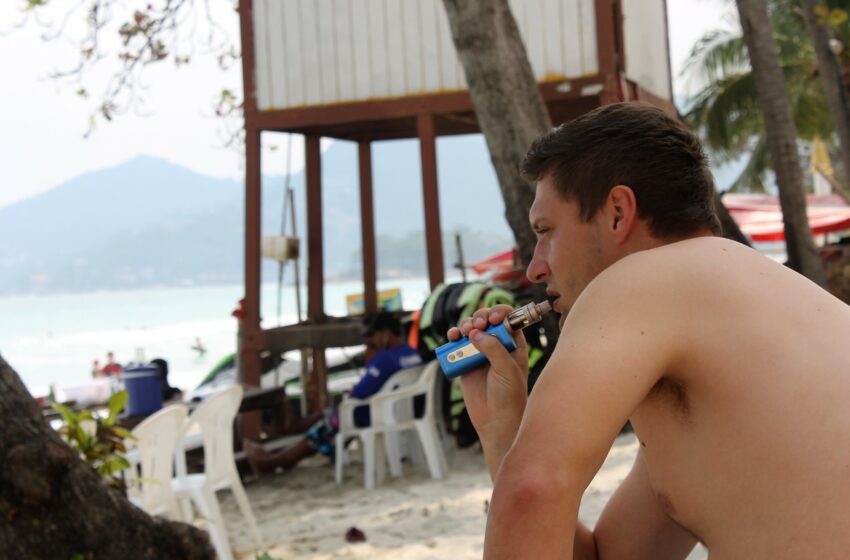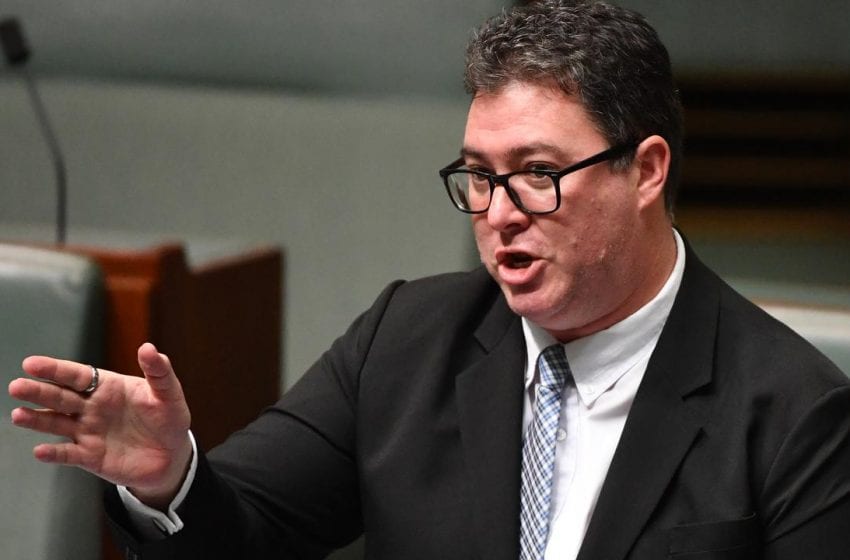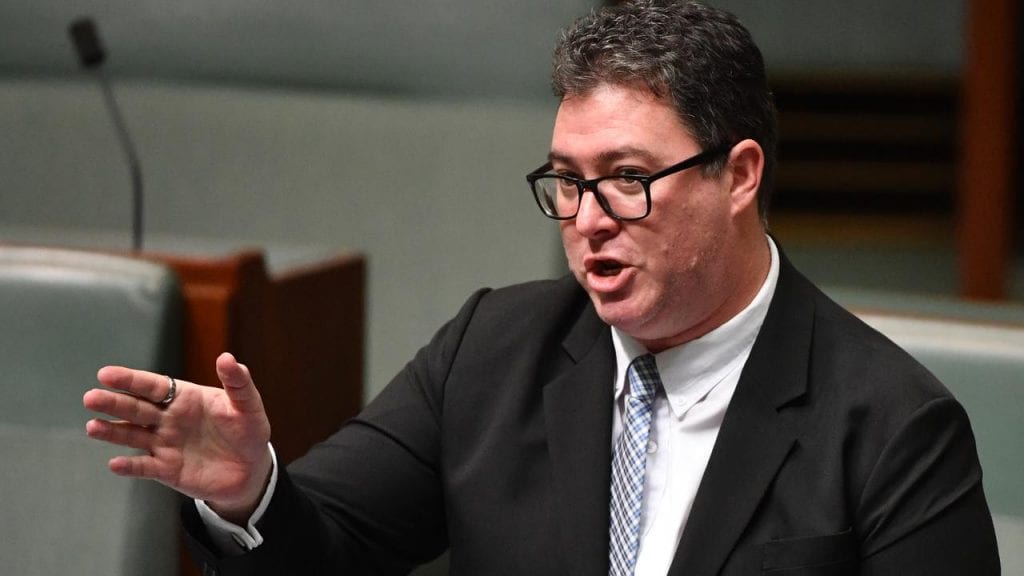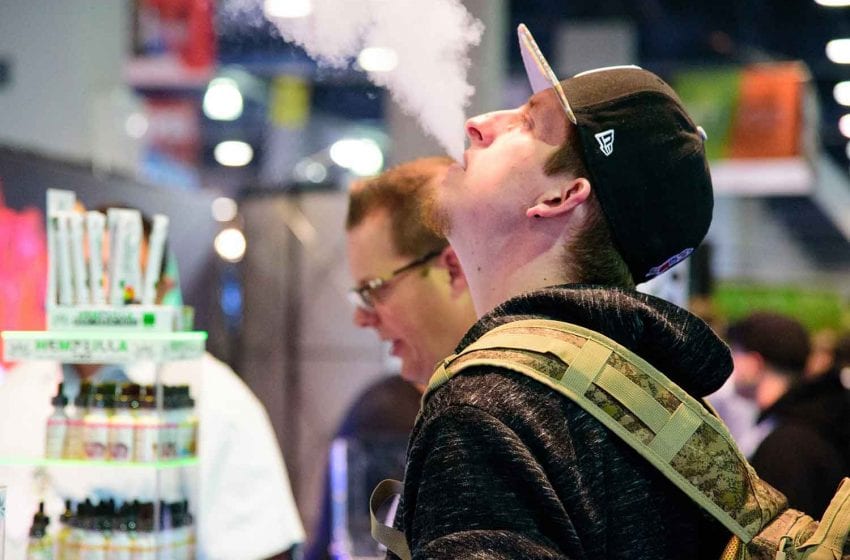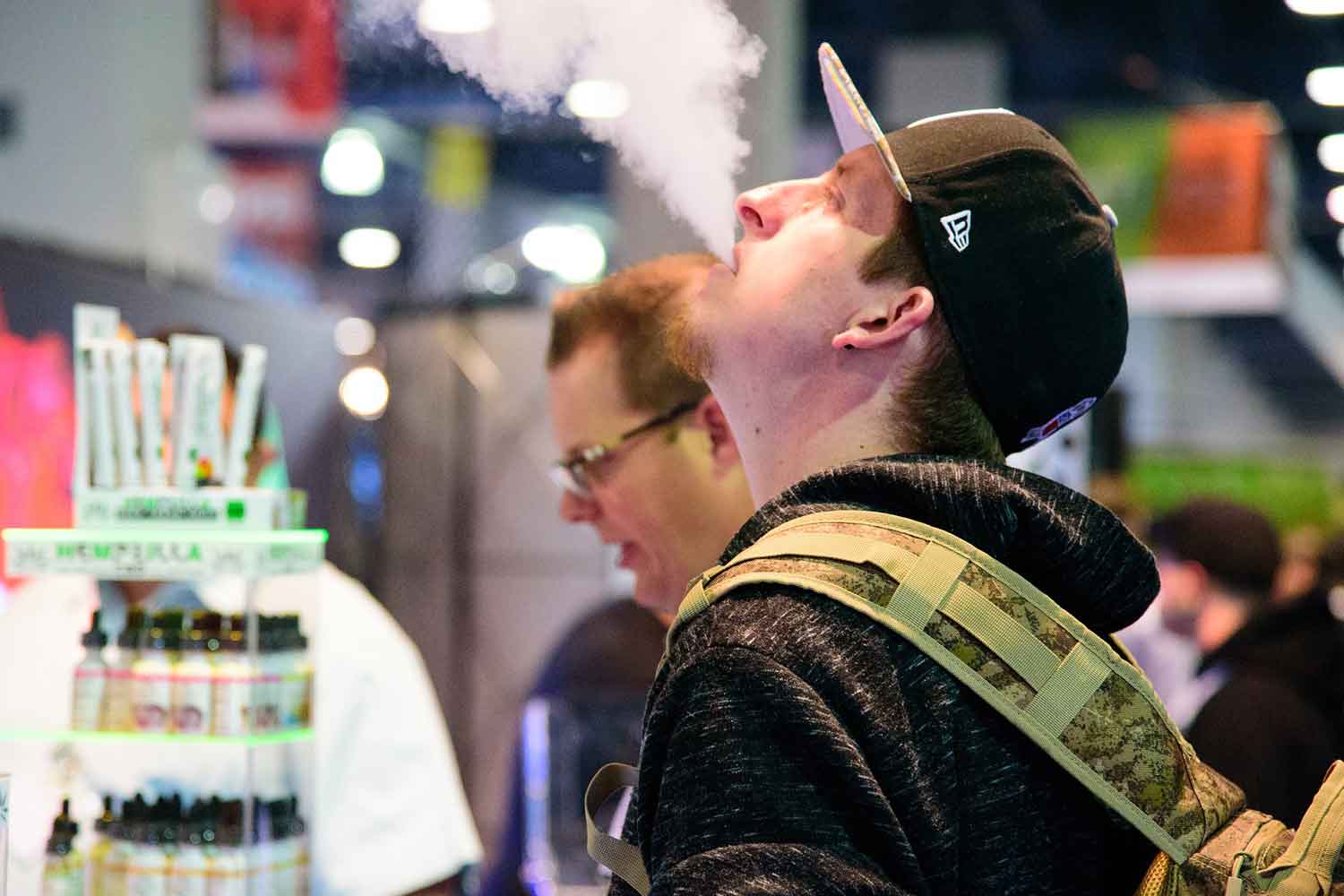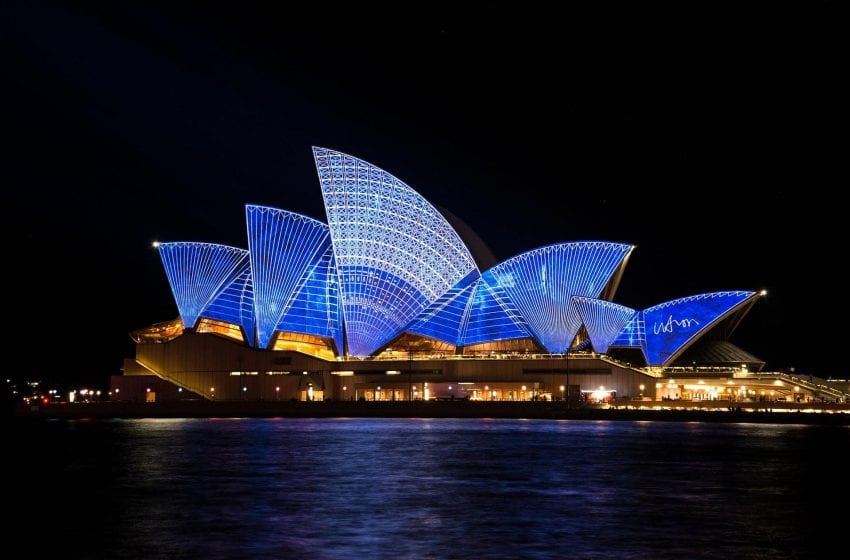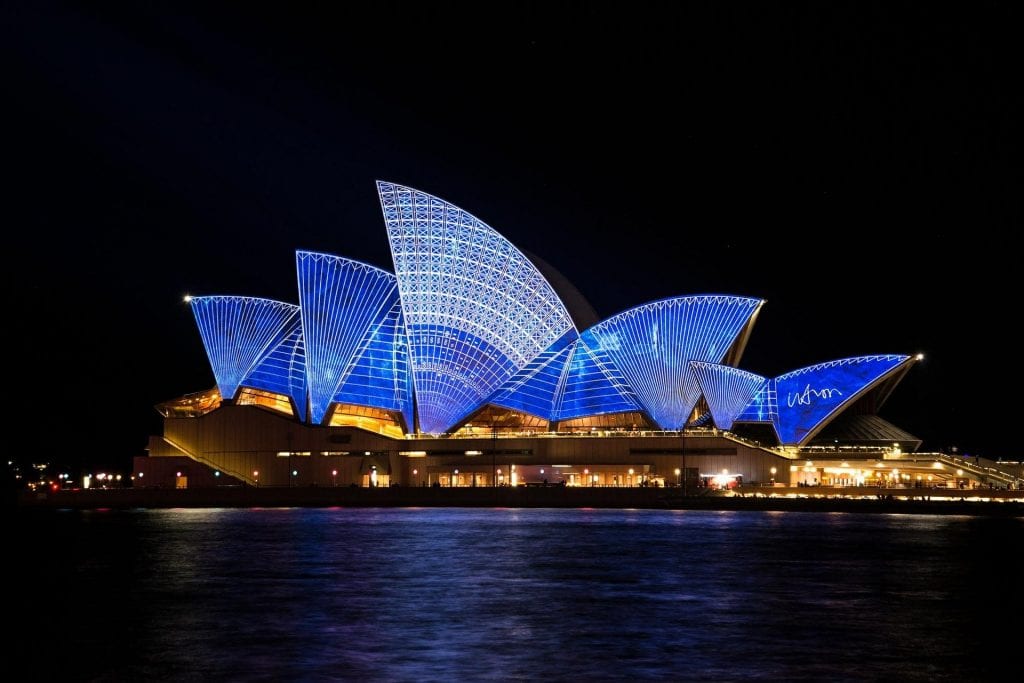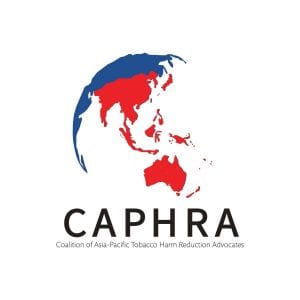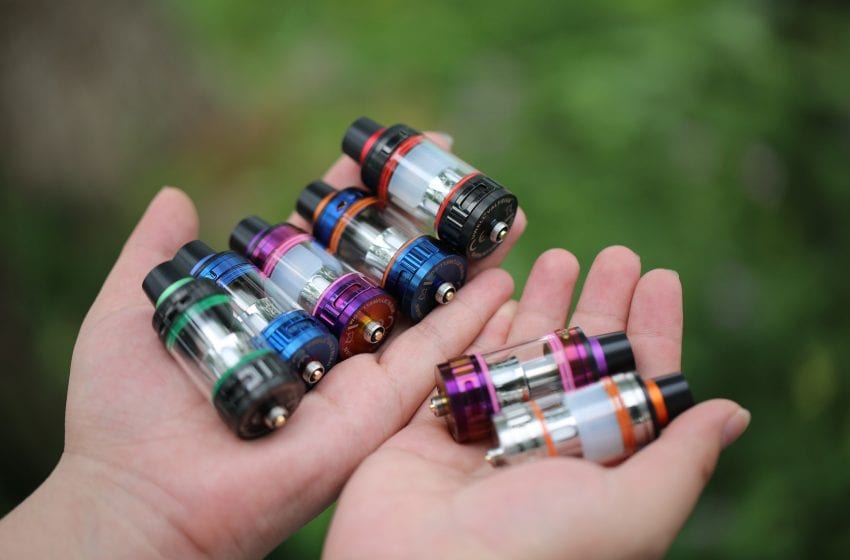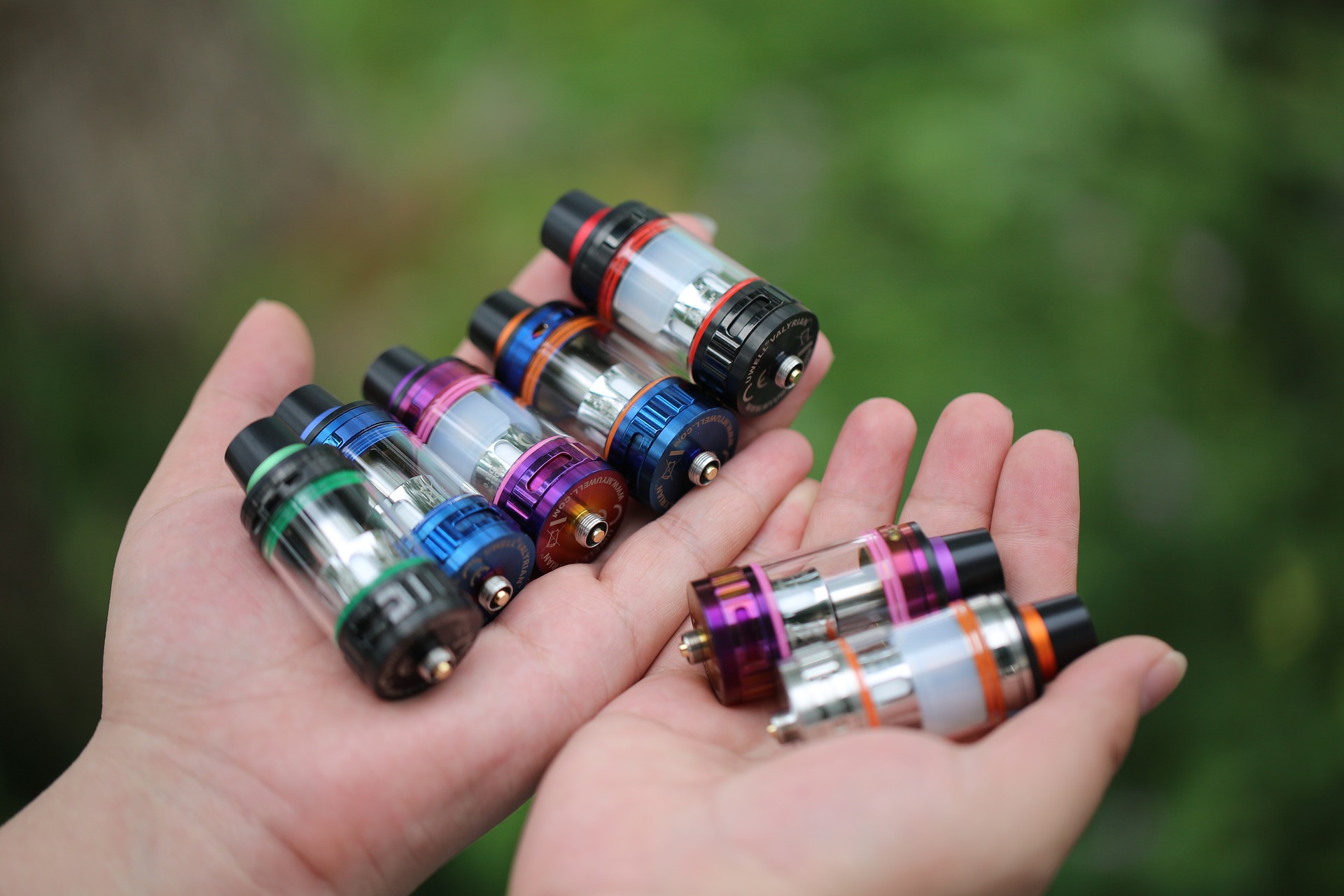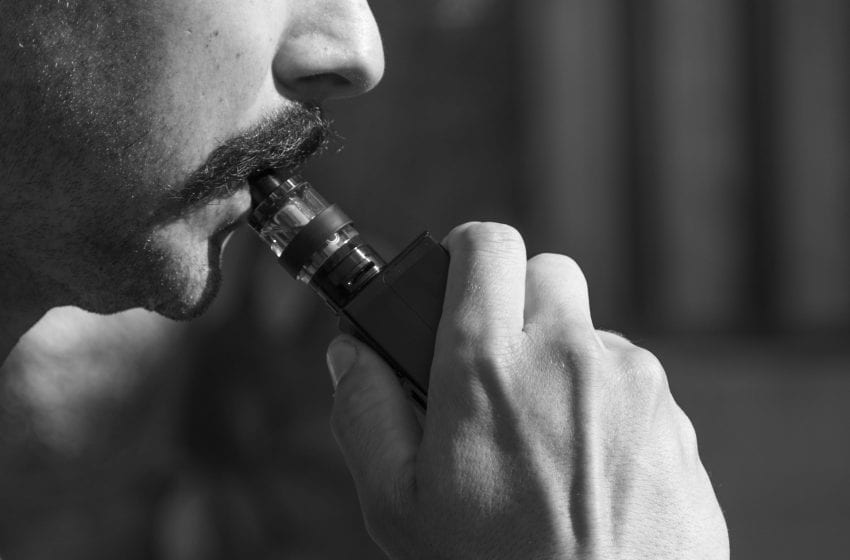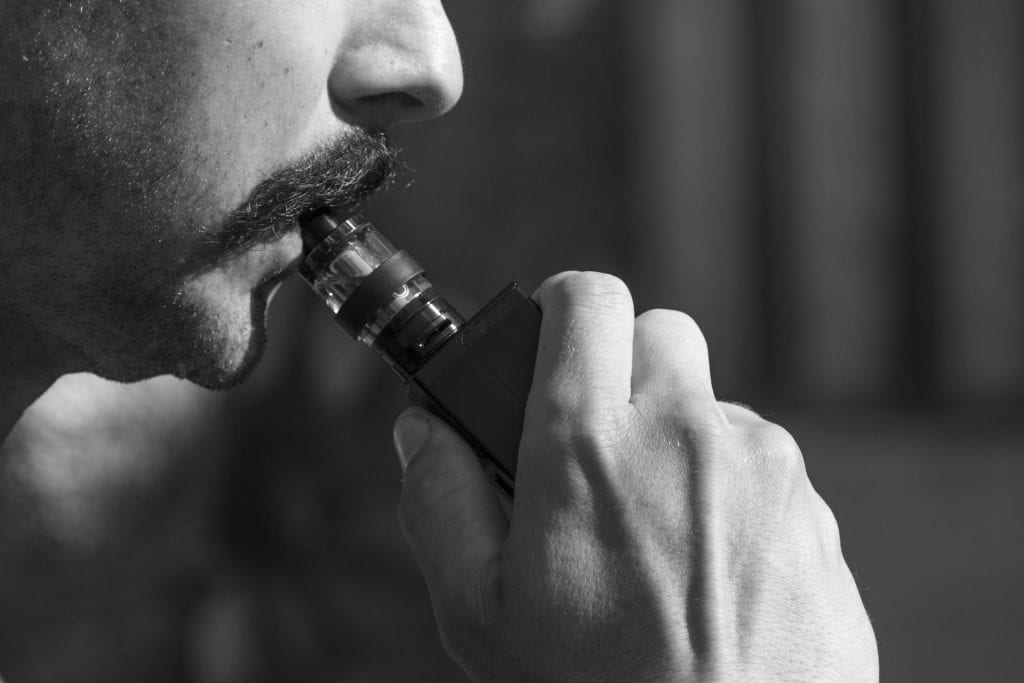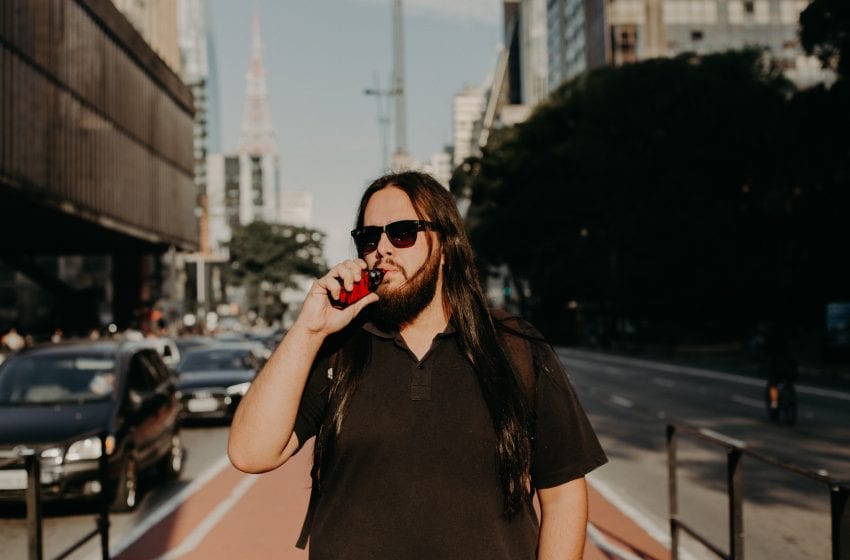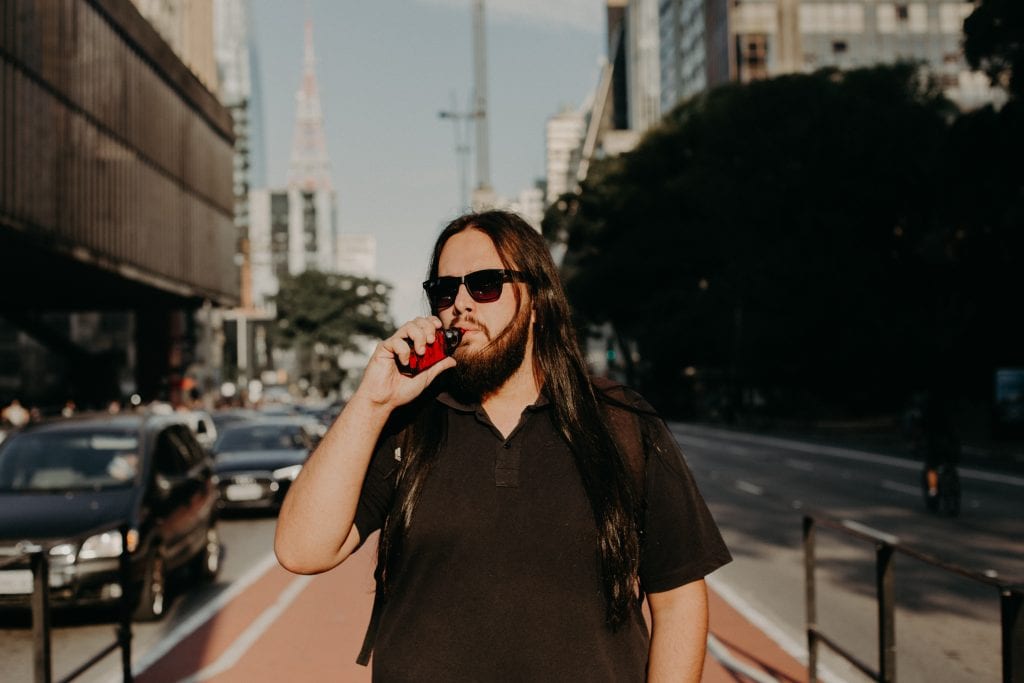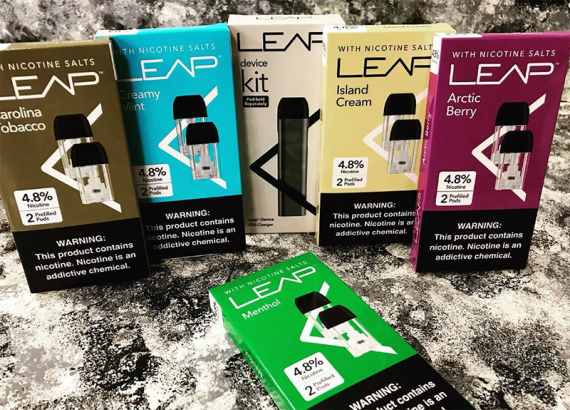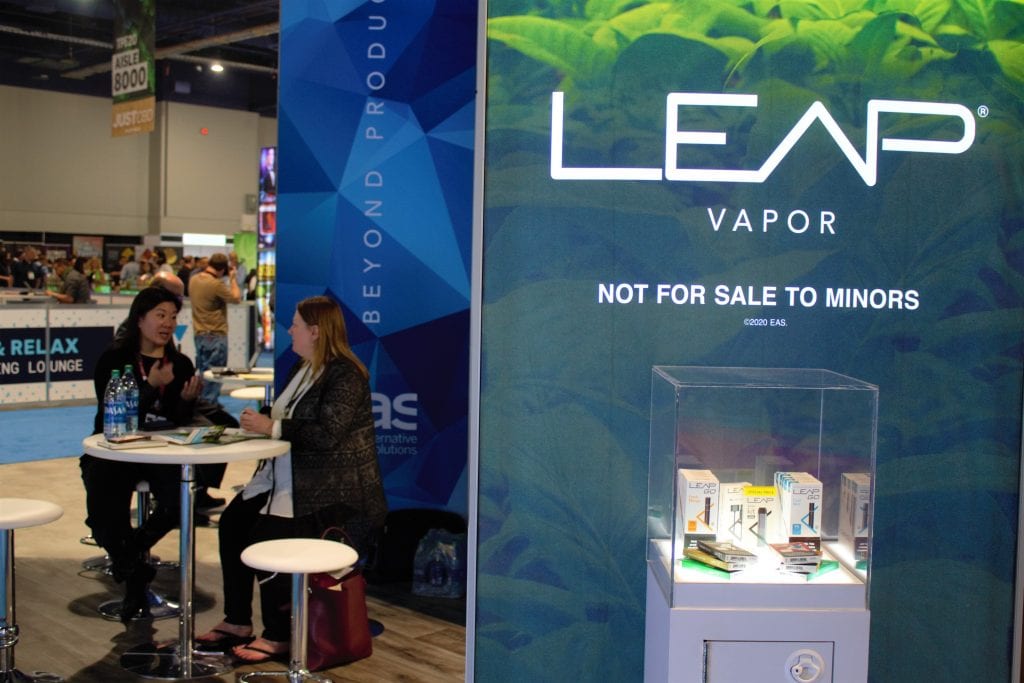
A consumer advocacy group wants the government of Thailand to consider science as basis for ending e-cigarette ban. The group cites Hong Kong’s use of scientific studies as the basis for ending the ban on smoke-free nicotine, including vapor, heat-not-burn tobacco products (HnB) and snus.
Asa Ace Saligupta, who runs consumer group ENDS Cigarette Smoke Thailand, said the Hong Kong Legislative Council (Legco) decided to suspend the discussions on the proposed ban on vaping products, after some members of Legco’s Bills Committee on Smoking cited scientific studies showing that e-cigarettes, HnB and the likes have much lower levels of toxicants compared to combustible cigarettes, according to a release on pressat.co.uk.
He noted that after nine meetings, including three public hearings, the committee which was established in March 2019 decided to end the discussions on the vaping ban on June 2, 2020. The members of the committee also expressed concern that an outright ban would create more illegal channels and that the products could end up in the hands of underage users.
“The Hong Kong experience sets forward a good example of listening to opinions and engaging all parties involved, including the public sector—something that the policymakers in Thailand have avoided so far,” Saligupta said.
Saligupta said his group will petition the Thai government to also set up a committee to study e-cigarettes and find suitable control channels that will enable adult Thai cigarette smokers to find safer alternatives.
“Instead of using electronic cigarettes as a tool to create fear by creating a discourse on children and youth or Covid-19, we want to call on the Thai government to set up an independent committee to seriously study the science, commercial aspects, and regulatory framework for electronic cigarettes like Hong Kong and many other countries,” he said.

